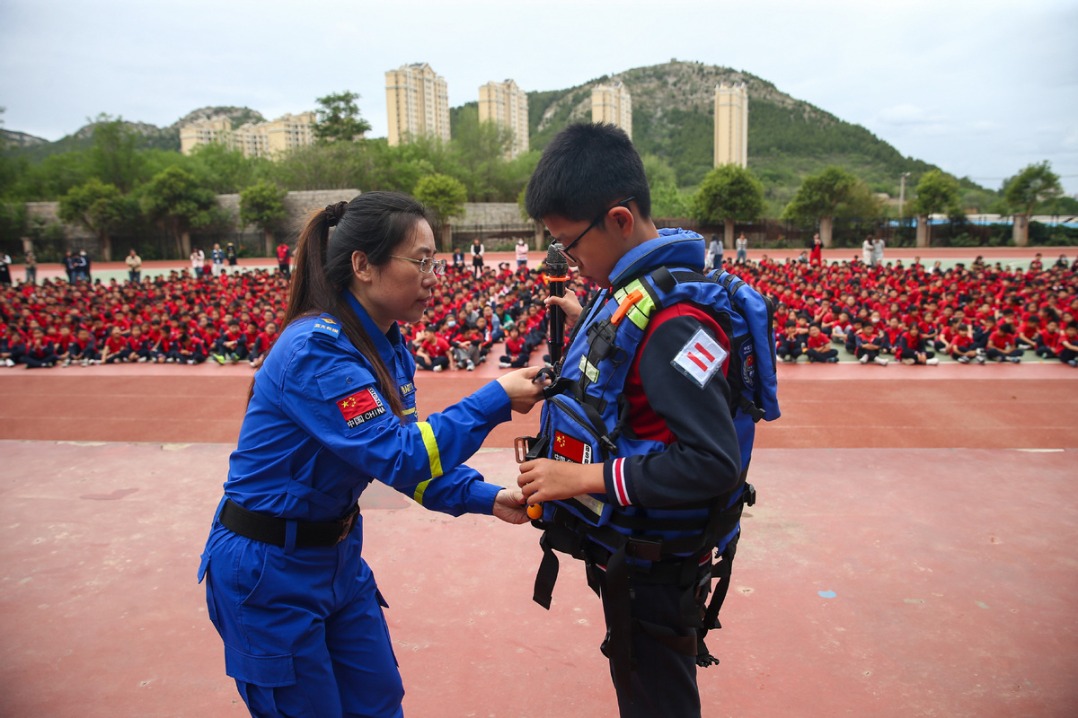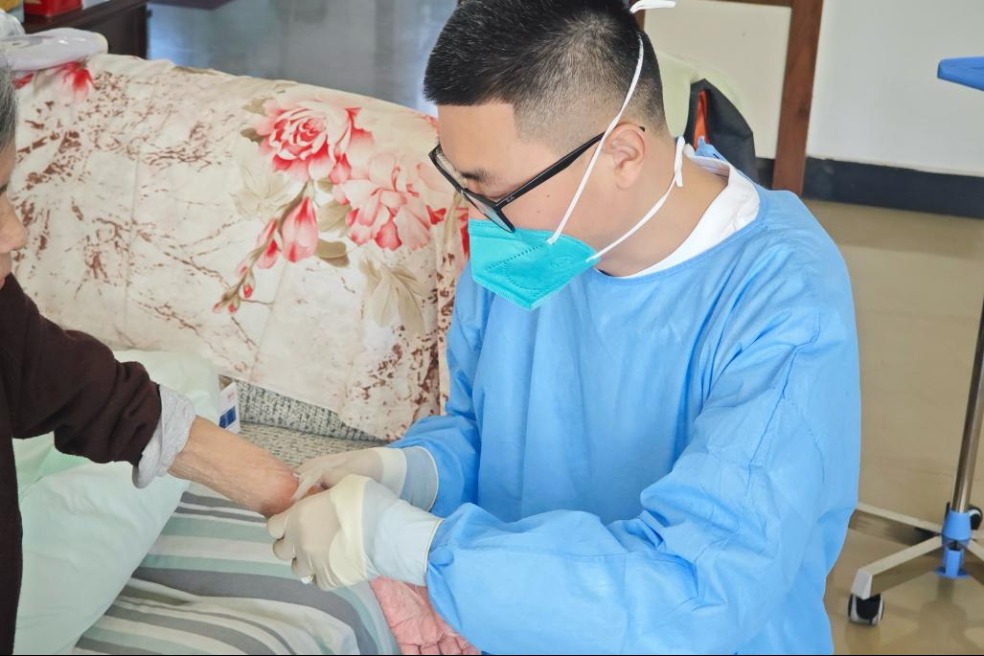Universities lengthen, cut short duration of academic programs
Evolving labor market needs call for flexible formats in higher education

China's higher education system is undergoing notable adjustments in the duration of academic programs, as universities strive to balance academic rigor with evolving labor market demands.
On the one hand, institutions such as Changchun University have extended programs such as English major and veterinary medicine to five years, citing the need for deeper interdisciplinary training and compliance with national education standards. On the other hand, universities including Tianjin University and Zhejiang University are shortening their architecture-related majors from five to four years, responding to a cooling real estate sector and students' increasing urgency to join the workforce.
These divergent moves reflect how universities are recalibrating academic timelines to align with shifting industry needs and educational goals. While extended programs aim to deepen specialization and improve research quality, shortened ones prioritize agility and quicker employment opportunities in a fast-changing economy.
According to the 2024 undergraduate program filing and approval results recently released by the Ministry of Education, Changchun University has extended its English major from four to five years. It is among roughly 40 universities that have lengthened the duration of seven undergraduate majors over the past five years, including English major and veterinary medicine, according to ShanghaiRanking Consultancy, which evaluates institutions based on academic and research performance metrics.
The rationale behind longer undergraduate programs is multifaceted. In interdisciplinary or composite majors such as Changchun University's English (English-Spanish) program, students must master two languages and their related cultural contexts, significantly expanding curriculum requirements.
Similarly, the extension of veterinary medicine programs to five years is aligned with national policy. Standards introduced by the Ministry of Education in 2018 mandated the longer duration due to the major's extensive demands — to graduate, students must have more than 200 credits and significant hands-on experience, including six weeks of clinical internship.
This "educational overtime "trend is also visible at the graduate level. Professional master's programs, traditionally completed in two years, are increasingly shifting to a three-year format. Guangxi Normal University and Inner Mongolia Normal University, for example, will begin offering three-year professional master's programs in 2025.
Doctoral programs are lengthening as well. The Shanghai University of Sport and Wuhan University have extended some of their doctoral programs from three to four years, citing increased academic rigor and the complexity of research requirements.
High deferral rates further support longer graduate program durations. In 2021, 49.4 percent of doctoral students in China delayed graduation, often to improve the quality of their research, according to ShanghaiRanking Consultancy.
A 2023 study by Peking University found that more than 40 percent of deferred doctoral theses outperformed those submitted on time. Among top-tier universities, "high-quality deferrals" were twice as common as in ordinary institutions.
Meanwhile, the 2024 Ministry of Education filing and approval results also showed that 49 universities, including Tianjin University, Northeastern University and Zhejiang University, have shortened certain five-year undergraduate programs to four years.
These changes primarily affect architecture-related majors, including urban planning, landscape architecture and historic building conservation engineering. The move is seen as a response to weakening job prospects for architecture graduates amid a sluggish real estate sector.
Separately, Wang Shuguo, president of Fuyao University of Science and Technology in Fujian province, is advocating for an integrated "eight-year bachelor-master-doctorate" model aimed at helping students enter the workforce with a complete education earlier.
As more universities experiment with credit-based systems and flexible durations, experts suggest the future of higher education may resemble an "educational supermarket", offering diverse pathways to suit various talents and aspirations.
- Universities lengthen, cut short duration of academic programs
- Taiwan people trace family roots on mainland
- Ethnic composition of Taiwan society
- Coastal village embodies shared history
- Health pavilions steal show at 27th high-tech expo
- Xi Focus: Nurturing overall cooperation between China, Latin America





































